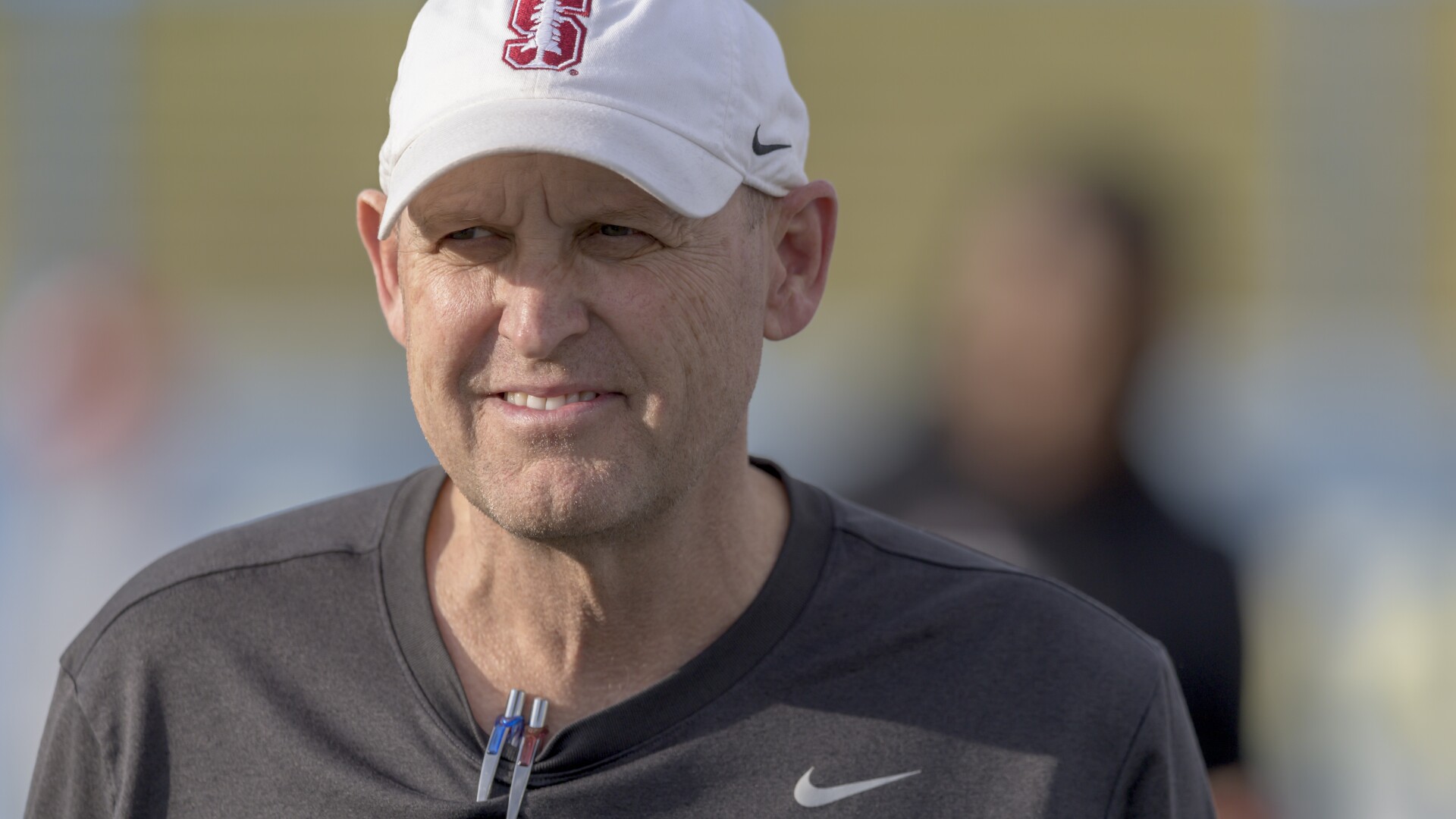Former Stanford football coach Troy Taylor has initiated a significant legal battle, filing a defamation lawsuit against sports broadcasting giant ESPN. This high-stakes legal action alleges that the network’s reporting directly impacted Taylor’s professional standing and career trajectory.
The ESPN lawsuit thrusts Troy Taylor into the challenging arena of public figure law, where proving defamation carries an exceptionally high burden of proof. As a public figure, Taylor is legally obligated to demonstrate that ESPN acted with “actual malice” – meaning the network either knew the information it published was false or showed a reckless disregard for the truth or falsity of that information.
This stringent legal standard makes defamation cases involving prominent individuals particularly arduous to win. Taylor must present compelling evidence that ESPN’s journalists harbored serious doubts about the veracity of their reporting or intentionally disseminated falsehoods, a level of intent that is notoriously difficult to establish in court.
Central to Troy Taylor’s claim is the assertion that ESPN’s coverage played a pivotal role in the termination of his coaching tenure at Stanford Football. He must convincingly argue that the university’s decision to part ways with him was a direct consequence of the network’s contentious reporting, rather than other factors.
The timeline of events is crucial; reports indicate that Stanford General Manager Andrew Luck made the decision to dismiss Taylor not long after the controversial ESPN report surfaced. This proximity in timing forms a key part of Taylor’s argument, suggesting a direct causal link between the report and his removal.
Following Taylor’s departure, the university moved swiftly to appoint a successor, with former Colts and Panthers coach Frank Reich stepping in to lead the Stanford Football program for the 2025 season. This swift transition underscores the immediate repercussions faced by Taylor in the aftermath of the ESPN coverage.
Ultimately, this defamation case represents more than just Troy Taylor’s fight for his reputation; it highlights the complex legal landscape surrounding media responsibility and public perception in high-profile sports. The outcome of this ESPN lawsuit could set an important precedent for how sports media entities are held accountable for their reporting on public figures.





Leave a Reply